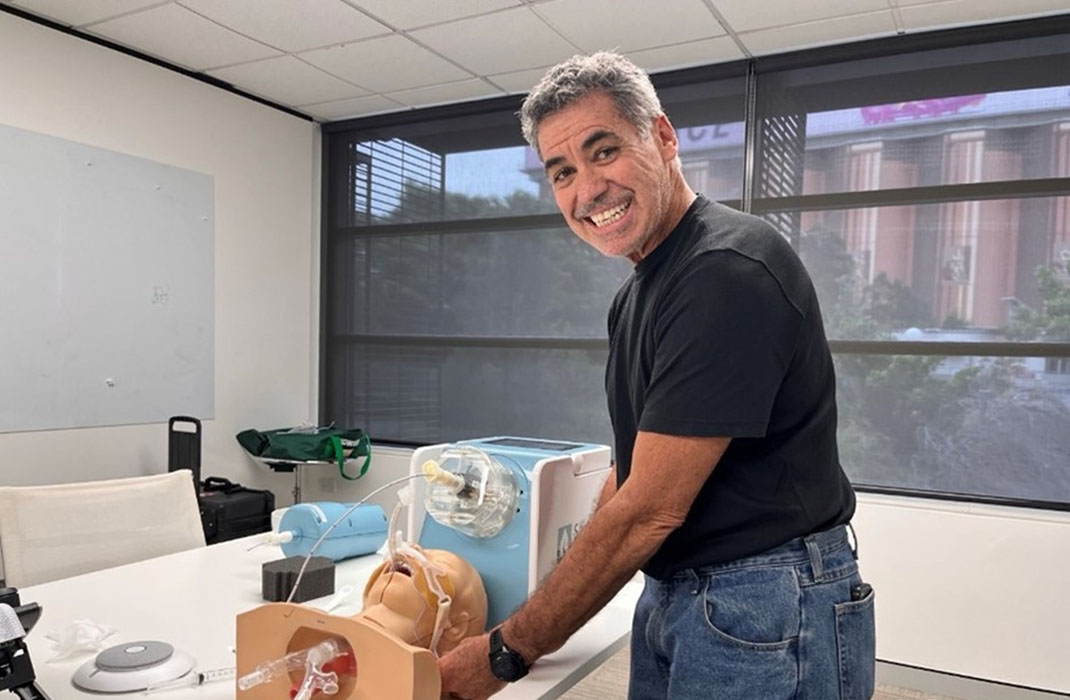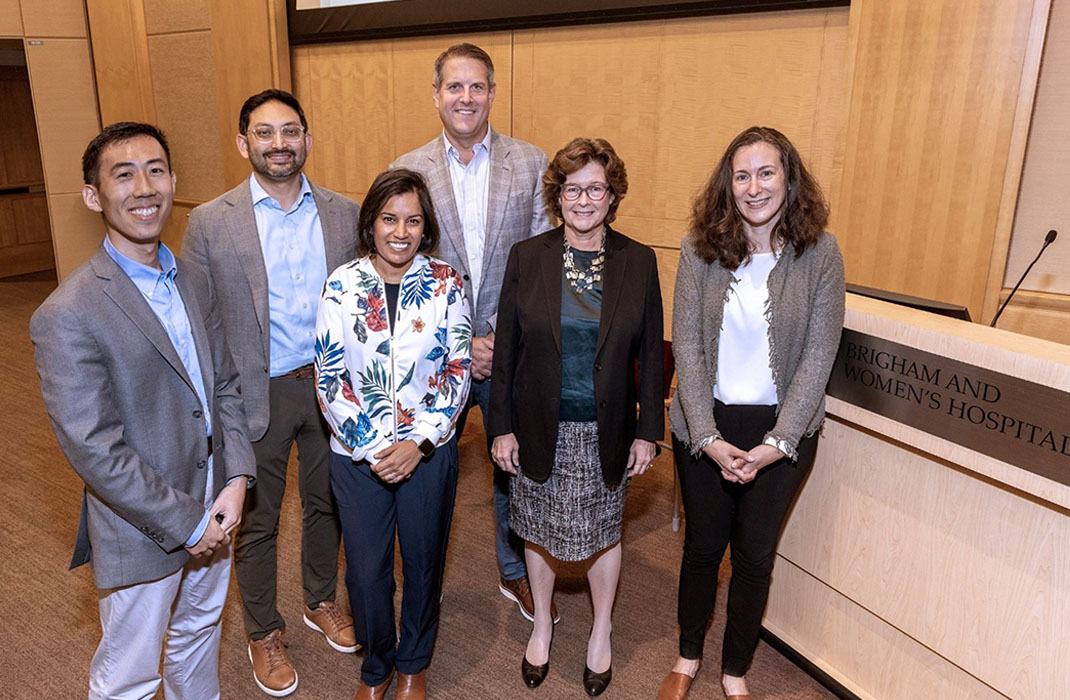-
- Find Care
-
- Visitor Information
- Find a Location
- Shuttles
- Visitor Policies
-
-
- Our Virtual Care Options
- Virtual Urgent Care
- Virtual Visits for Primary & Specialty Care
- Online Second Opinions
- Participate in Research
-
- Contact us
-
- For Innovators
- Commercialization Guide for Innovators
-
-
- Research News
- Alzheimer's Disease
- Artificial Intelligence
-
- Overview
-
- Overview
- Getting Started
- New to Mass General Brigham
- International Patient Services
- What Is Patient Gateway?
- Planning Your Visit
- Find a Doctor (opens link in new tab)
- Appointments
- Patient Resources
- Health & Wellness
- Flu, COVID-19, & RSV
- Billing & Insurance
- Financial Assistance
- Medicare and MassHealth ACOs
- Participate in Research
- Educational Resources
- Visitor Information
- Find a Location
- Shuttles
- Visitor Policies
- Find Care
-
- Overview
- Our Virtual Care Options
- Virtual Urgent Care
- Virtual Visits for Primary & Specialty Care
- Online Second Opinions
-
- Overview
- Participate in Research
-
- Overview
- About Innovation
- About
- Team
- News
- For Industry
- Venture Capital and Investments
- World Medical Innovation Forum (opens link in new tab)
- Featured Licensing Opportunities
- For Innovators
- Commercialization Guide for Innovators
- Contact us
-
- Overview
- Information for Researchers
- Compliance Office
- Research Cores
- Clinical Trials
- Advisory Services
- Featured Research
- Two Centuries of Breakthroughs
- Advances in Motion (opens link in new tab)
- Brigham on a Mission (opens link in new tab)
- Gene and Cell Therapy Institute
- Research News
- Alzheimer's Disease
- Artificial Intelligence
-
- Overview
-
- Overview
- Residency & fellowship programs
- Brigham and Women's Hospital
- Massachusetts General Hospital
- Mass Eye and Ear
- Newton-Wellesley Hospital
- Salem Hospital
- Integrated Mass General Brigham Programs
- Centers of Expertise
- Global & Community Health
- Health Policy & Management
- Healthcare Quality & Patient Safey
- Medical Education
- For trainees
- Prospective trainees
- Incoming trainees
- Current trainees
- Continuing Professional Development
Four Brigham Ignite Awards Announced
Innovations focus on CT-guided neurosurgery, knee osteoarthritis, brain tumors, and C-sections
BOSTON, MA – Four Brigham Ignite awards were announced today, bringing the total number of awards given to Brigham and Women’s Hospital innovators, so far this year, to 10. The awards are granted for early-stage innovation acceleration projects that advance discoveries with clinical and commercial potential. Along with supportive funding, the awards provide recipients with guidance on licensing, product development, intellectual property, and commercialization so that principal investigators are able to take the first steps onto the translational path.
Mass General Brigham Innovation is partnering with Brigham Ignite to further the development pipeline of treatment options, medical devices, and technology that will improve the lives and outcomes of patients.
All recipients receive one of two levels of funding:
- Seed grants, which provide a maximum of $50,000
- Development grants, with a maximum of $200,000
Projects, researchers, and grants
Skull-mounted device for intraoperative CT-guided neurosurgical procedures
Walid Ibn Essayed, MD (Seed)
Precisely reaching deep areas in the brain can be very challenging. Targeting is needed for many pathologies, including drain placement, brain biopsies, and electrode placement for brain stimulation. We are developing a system to target specific areas precisely and rapidly in the brain, using an intraoperative CT scanner. These procedures are classically performed, using cumbersome frames and preoperative scans or intraoperative MRIs, both limited by availability and practicality. Our system will allow us to achieve the equivalent precision rapidly by using the widely available CT scanner. This will allow to increase the number of facilities where these procedures are available, increasing availability. It will also decrease costs and surgical time, extending its use to emergent situations.
Development of commercial software to assess knee radiographs for osteoarthritis
Jeffrey Duryea, PhD (Development)
Osteoarthritis (OA) is a highly prevalent and severely debilitating degenerative disease and is the most common joint disorder in the US. The economic impact of OA and knee OA (KOA), in particular, is very large, and OA is the second-most common diagnosis for adults to receive Social Security disability payments after chronic cardiac disease. In the U.S. alone, more than 700,000 patients receive knee replacement surgery annually. Since there are currently no effective disease-modifying medications for KOA, clinical trials to evaluate potential therapies are needed to address this enormous health care issue. The lack of a standardized quantitative method to measure drug efficacy currently limits KOA trials. The goal of our project will be to produce an objective standardized software application to evaluate knee x-rays for KOA progression. Once completed, we will offer KOA researchers conducting clinical trials a highly effective tool, which will accelerate the search for a cure for this debilitating condition.
“Guided missile” platform for targeted therapy to malignant brain tumors
Choi-Fong Cho, PhD (Development)
Even with aggressive treatment for advanced brain cancer, patients have only slight improvement in survival rates. Complete removal of aggressive brain cancer cells by surgery is nearly impossible because these cells invade into the surrounding normal brain tissue and cannot be easily identified. Cancer drugs administered via the bloodstream often are unable to reach these cells, as they are protected by a highly restrictive barrier called the blood-brain barrier, which separates brain tissue from circulating blood. Our team addresses this by developing new targeted therapies with a unique molecule that can cross the blood-brain barrier and home in on cancer cells. This tumor-homing smart “missile” is called BTP-7, which allows us to target the tumor cell population with minimal harm to healthy tissues. By chemically fusing a chemotherapeutic drug onto BTP-7, we will generate many different BTP-7 “missiles” containing various types of anti-cancer drugs, enabling us to selectively attack and destroy the tumor. Our research could help us develop the next generation of therapeutics, extending the lives of patients with advanced brain cancer, while improving their quality of life. We aim to advance precision medicine in neuro-oncology.
Novel, closed-loop drug infusion automation system utilizing machine learning: Proof-of-concept algorithm to maintain stable hemodynamics in patients presenting for Cesarean delivery
Vesela Kovacheva, MD, PhD (Development)
We propose to design a novel, highly accurate machine-learning-powered algorithm, which will automate drug administration and dose adjustments of a vasopressor medication, phenylephrine. During Cesarean delivery, maternal and fetal safety depend on maintaining optimal blood pressure. Every year, 18.5 million cases are performed globally, and up to 75% of patients are at risk for low blood pressure. Automating drug administration will allow better, personalized patient care and enhanced patient safety, ultimately improving the outcomes and birth experience for millions of patients.
About Mass General Brigham
Mass General Brigham is the nation’s largest academic research enterprise. More than 150 life science and biotechnology companies have been established in Massachusetts as a result of the more than $2 billion in government funded and privately sponsored research that Mass General Brigham attracts every year. The groundbreaking research performed at Mass General Brigham is integral to developing and commercializing life-changing therapies, which sustains Massachusetts’ competitive advantage in the innovation economy.
Related news
-

published on
-

published on
-

published on
-

published on
-

published on
-

published on
-

published on
-

published on
-

published on